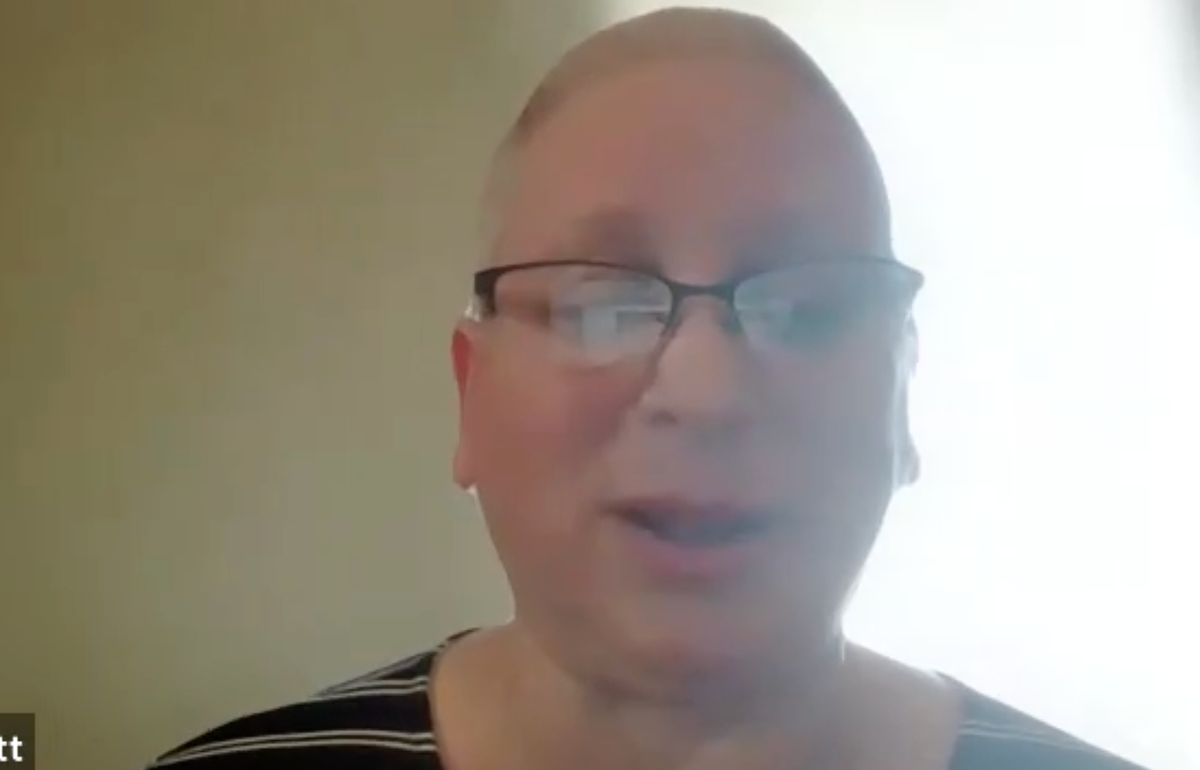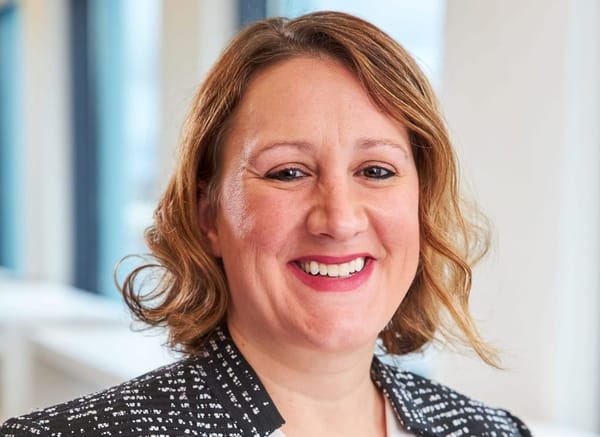23 Million Might Have to Re-Enroll in Affordable Connectivity Program
The digital inclusion program manager of KC Digital Drive made the comments on Wednesday.
Corey Walker

WASHINGTON, February 21, 2024 – The digital inclusion program manager of a program to get people online warned during a Wednesday press conference that if the Affordable Connectivity Program ends and later resumes, tens of millions of beneficiaries may have to manually re-enroll.
Leslie Scott, digital inclusion program manager of KC Digital Drive, raised the concerns in a press conference hosted by advocates of renewing the ACP.
The Affordable Connectivity Program provides a $30/month broadband subsidy to low-income families and $75/month broadband subsidy to families on tribal lands. The Federal Communications Commission launched the program in 2021 as part of the Biden administration’s bipartisan infrastructure legislation.
Scott said that, during an FCC listening session, she and other observers were informed that if the ACP restarts after shutting down, 23 million program participants might have to sign up again. Scott laments that this could cause a significant dropoff in broadband enrollment and slow down existing progress.
“One of the unknowns is, the people who are currently on it, if the program ends, more than likely they’re going to have to re-apply,” Scott said, “So, getting 23 million households to reapply for a program is a huge lift.”
Scott suggested that more financial help and staffing be provided to community-based programs and organizations so they can assist in the re-enrollment process. Recovering the entirety of the 23 million ACP enrollees will be, “very, very difficult,” Scott bemoaned.
On February 8, 2024, the FCC stopped taking new applicants for the ACP. The program is expected to run out of funds as early as April, and Congress has not replenished the funding.
Broadband advocates are ringing the alarm on the potential impact of the program's demise, arguing that the program’s expiration could lead to a widening of the digital divide, entrenching disparities in access to quality healthcare, higher education, and employment opportunities.








